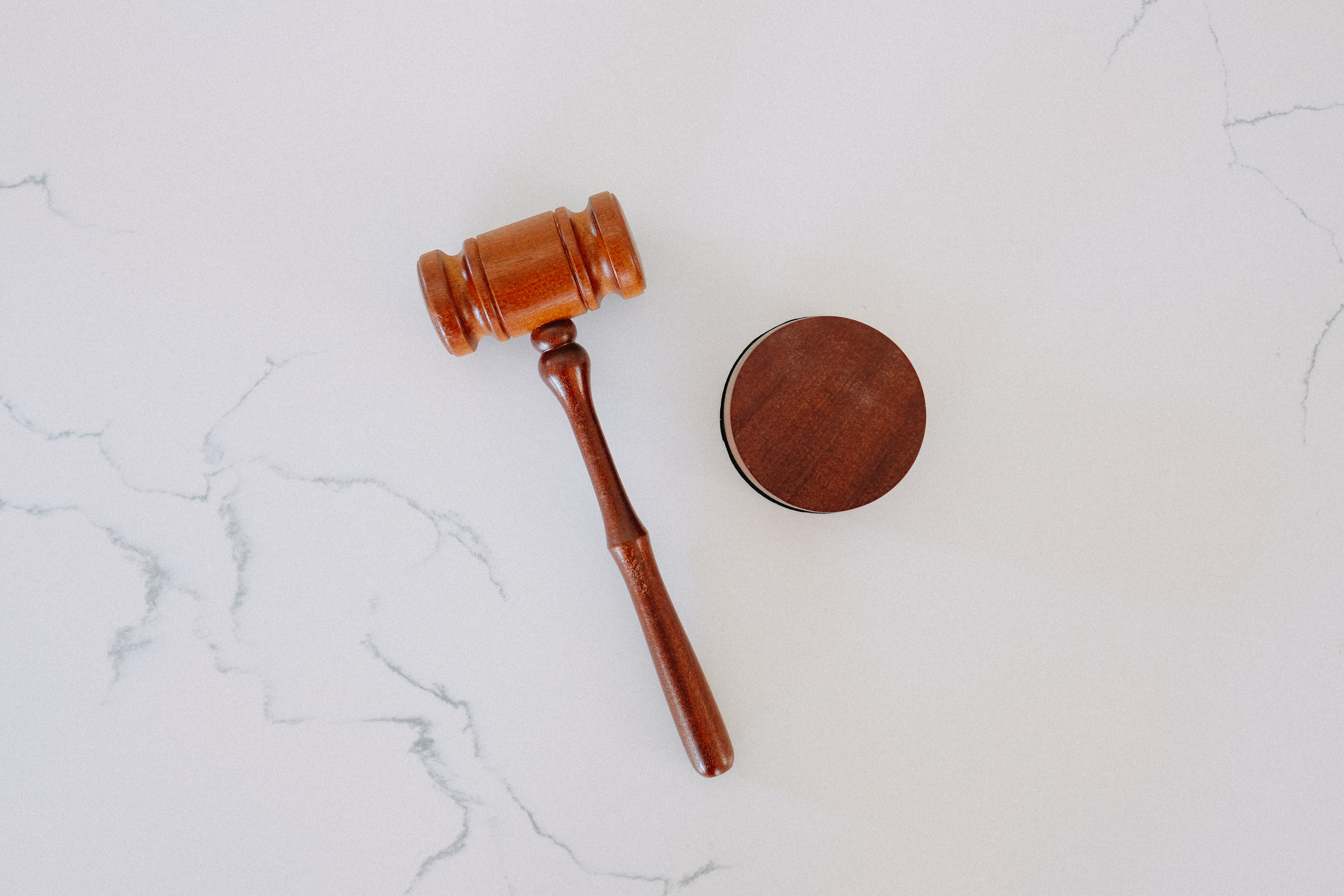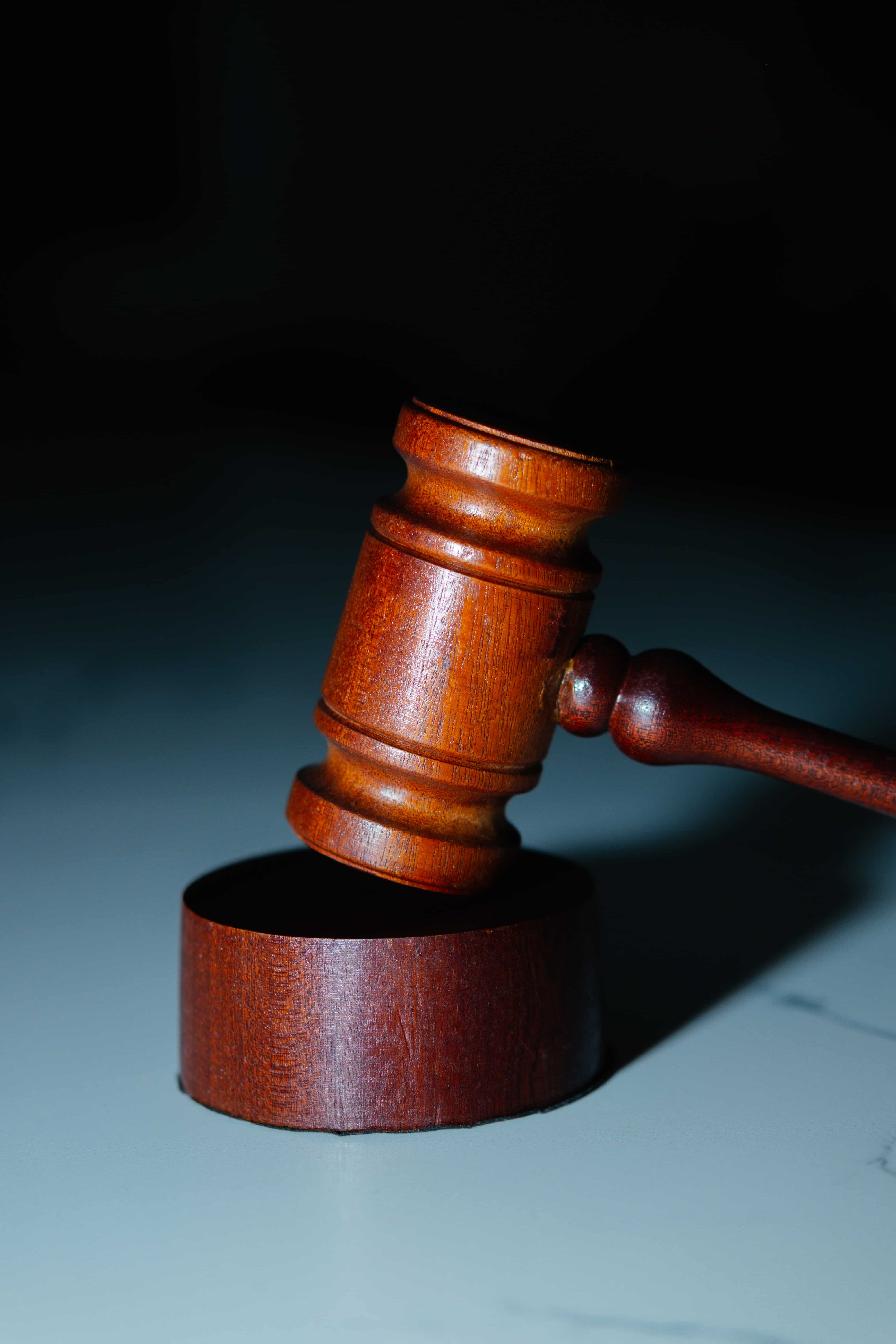Florida is famous for its sunny climate, amusement parks, and beach resorts. Tourists and locals fill the roads during the tourist season on their way to sandy beaches and fishing.
It, therefore, doesn’t come as a surprise that the county contributed 401,504 auto crashes to the national tally in 2021.
You must familiarize yourself with personal injury lawsuits if you’ve been hurt on dangerous highway intersections like Highway 19 and State Road 50 while heading to the famous Weeki Wachee mermaid show. You may need to sue for compensation to cover your medical bills and other losses.
We got a chance to speak to a highly experienced Spring Hill personal injury lawyer and learned a few things to consider when filing a personal injury lawsuit as a beginner.
IMAGE: UNSPLASH
1. Talk To An Attorney
Seek legal counsel before filing a personal injury compensation claim. Visit the offices of any personal injury law firm and ask to speak with an attorney specializing in similar accidents to yours. Give as much information as required and answer the questions asked honestly.
Your personal story is indispensable in case evaluation.
The lawyer will examine your story from a legal angle to decide whether you have any grounds for suing. Acceptable reasons for filing a personal injury lawsuit include negligence and liability. If the defendants have a case to answer, you may sign a contract establishing the lawyer-client relationship.
2. Claim Investigation And Gathering Of Evidence
You need a strong case backed by indestructible evidence to win a personal injury lawsuit. Your lawyer sets out immediately to secure as much evidence as possible to prove your case.
The purpose of the evidence is to prove your innocence and show that the at-fault party was responsible for causing the accident.
Part of evidence collection involves collaboration with various professionals, including medical and accident reconstruction experts. It also consists of collecting medical and police reports, affidavits, photos, audio, and video footage from the collision scene.
Once you have bagged enough incriminating evidence, it is time to demand the compensation the insurance company owes you.
3. The Demand Letter
Your attorney will serve a demand letter to the defendant’s insurer asking them to pay you for the crash-related damages caused by their client. The demand letter contains a list of injuries and the estimated worth of damages that the opposing party should pay.
It also mentions you intend to sue if they don’t satisfy your demands.
The insurance adjuster, on behalf of the insurance provider, will review your letter and investigate the claim before replying. They may accept the demands or make a counteroffer. If they reject the requests or deny liability, you can sue to compel them to pay your losses.
4. Filing A Lawsuit
Insurance companies are notorious for denying claims or lowballing clients to save their profit margins. That’s when you sue to force them to come to the negotiating table. Your lawyer will file a formal complaint at court with jurisdiction in the defendant’s county of residence.
He will also serve the defendants the notice explaining why you are suing them.
This begins the discovery phase, where the two opposing sides seek to uncover more information about each other that will be helpful in the case. It involves obtaining evidence from the other side of the divide to weigh the validity of their claims.
Depositions are also conducted during the discovery phase, which takes several months because of the complexity of the matter.
5. Mediation Or Trial
Only 4% to 5% of personal injury lawsuits appear before a jury. Lawsuits are expensive and messy, forcing the opposing sides to opt for out-of-court settlements.
An arbiter or a mediator, probably a practicing or a former judge, will help you talk and come up with a fair agreement.
The personal injury lawsuit ends here if you feel the offer the insurers have tabled is fair compensation for your losses. If not, the matter proceeds to trial, where a jury will determine fault and possibly award you a reasonable amount for your troubles.
Final Words
Filing a personal injury lawsuit is a straightforward process that begins with collecting evidence and sending a demand letter to the insurance company. The matter is concluded out of court or at trial.
Hiring a professional personal injury lawyer can be the right decision as they increase the chances of winning the lawsuit.


COMMENTS